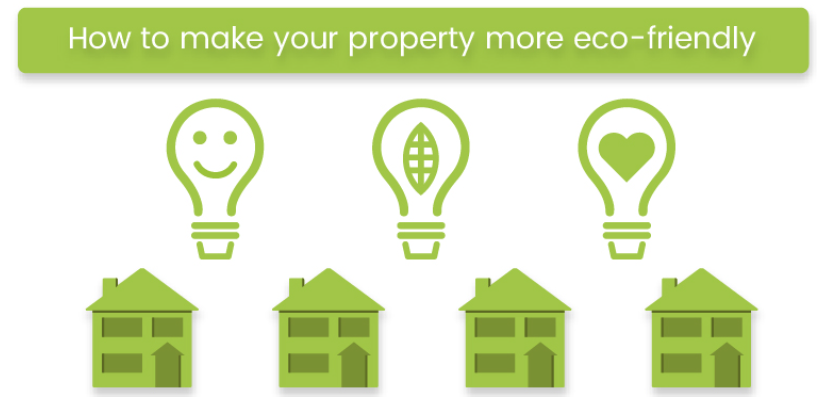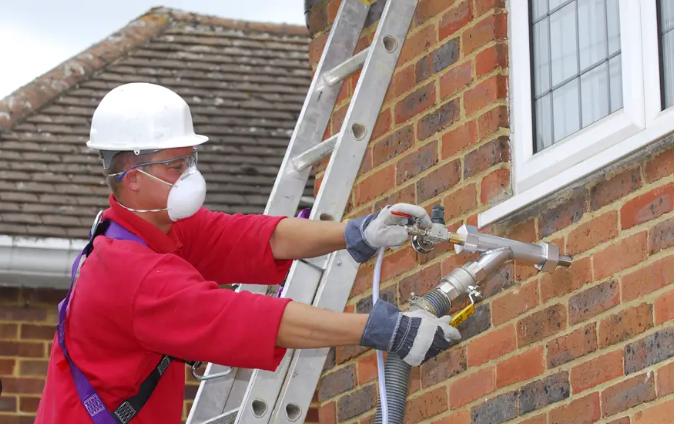With the rising cost of energy prices and the increasing urgency to minimise climate change, it is now more important than ever to look for ways of making our homes more efficient and eco-friendlier. House owners can take small steps to ensure that their heating systems are kinder to the environment, whilst at the same time reducing their bills.

What steps can I take?
Draught proofing around windows and doors is perhaps one of the cheapest and most effective ways to reduce heat loss, minimise bills and promote sustainability. Sealant, foam strips, brushes and plastic seals can all be used to minimise heat loss and can be purchased relatively cheaply.
Cavity wall insulation involves insulating between the gaps in brickwork, meaning a reduction in heat loss. This measure is likely not to require any planning permission or alter the appearance of your home. This could save a standard, 3-bedroom semi-detached, gas-powered house around 930kg of carbon emissions a year.

Generating your own electricity through the installation of solar panels is one of the most effective ways to reduce energy bills and become more sustainable. A 20-square-metre roof space could create the generation of enough electricity to last the average household for a whole year. An added battery can also be installed which allows the storage of solar power.
Boilers and energy efficiency
For those with gas central heating, it is important that your boiler is serviced regularly. This ensures that the boiler is running properly and efficiently, thereby reducing bills. It also prevents the need for sometimes costly repairs and extends the lifespan of your boiler, which is environmentally more friendly. Installing a thermostat could also save around £75 a year on bills. For servicing and repairs of boilers in Cheltenham, visit www.hprservicesltd.com/cheltenham-boilers/boiler-repair-cheltenham.
There are many schemes available to support lower-income households in making their homes eco-friendlier and more energy efficient, resulting in a reduction of energy bills. The initial outlay and cost therefore should not be off-putting to those who are keen to make a long-term change.




